This technology will help you access blocked resources and ensure your anonymity on the Web.
A Few Words about Proxies
When you use the Internet normally, your device connects directly to application servers and websites. As a result, these servers recognize your IP address, location, and other data, meaning you lose your anonymity on the Web. In addition, application and site owners or ISPs may block your access to some web servers.
Luckily, instead of using a direct connection, you can use a proxy, an intermediary server that enables data exchange between your device and web servers. It masks your data from the owners of the applications and sites you visit, which prevents them from blocking you by IP. In addition, the mediated connection allows you to bypass blocking imposed by the ISP itself.
There is still a risk that some interested parties will still be able to track you, provided they have special equipment and skills. However, using a proxy, you can access many sites with access restrictions and hide your IP from them.
How is a Proxy Different from a VPN?
Both technologies help bypass blocks and protect user privacy. But VPN is considered more technically advanced.
If you don’t mind installing additional software and are willing to pay extra for high speed and anonymity maximizing the protection of transmitted data, choose VPN.
If all you need is a way to access blocked sites and a simple anonymizer without reliable data protection, all you have to do is set up a proxy. They do not require special software. Plus, in most cases, paid proxies are cheaper than paid VPN (if you need a quality service without restrictions, in both cases you will have to pay).
Types of Proxy Servers
At the moment, the most popular types of individual proxy servers are the following:
Residential and Datacenter Proxies
Proxies can be subdivided into two major categories based on the origin of their IP addresses. You can have residential proxies with IPs coming from Internet Service Providers and, practically, mimicking real people’s IPs, and datacenter proxies, originating from, yes, you guessed it, data centers that can provide fast and reliable proxies. Now, if you decide to buy a datacenter proxy, you will get a perfect solution for high-speed scraping missions. And with a residential static proxy you will be all set for overcoming any types of geo-restrictions (like with TV streaming services, for instance).
Rotating and Static Proxies
From the application standpoint proxies can be static or rotating (sometimes called backconnect). If you buy a rotating proxy you get several IPs from the same pool under the hood. They will be interchangeable during your proxying based on the parameters set by the IP rotating mechanism.
As for protocols, proxies can operate on HTTP, HTTPS and SOCKS. Below, you will learn the key differences between the three of them.
HTTP Proxy
This proxy server is the most common around. It is used to organize the work of various programs and browsers that use HTTP. The principle of this server is quite simple. Initially, the user’s browser sends a special request to this server to access a specific address (URL). After that, the proxy server makes its own request to the address of interest and gives the result to the user. This approach gives those who use HTTP proxy the following advantages:
- Save various uploaded files, such as pictures or text files, and then load them from the cache, which leads to traffic savings and increased speed of page loading;
- Create a blacklist of sites to which users can restrict access;
- Restrict connection speed for some users;
- The ability to keep logs, as well as worklogs.
In addition to security and anonymity, HTTP proxy is most often used due to its caching capability, which can lead to faster loading of web pages.
HTTPS Proxy
An HTTPS proxy server is quite similar to the HTTP proxy described above but it has one very important difference, which makes it a very good solution when you need to transfer some sensitive information. Such information most often includes bank card data, logins and passwords and much more. This anonymous proxy server is characterized by increased security. Unlike HTTP proxy all traffic transmitted through this proxy is encrypted using very powerful data protection algorithms.
The main advantages of HTTPS proxy are as follows:
- High level of security with almost zero possibility to intercept information transmitted through the proxy server;
- Caching of uploaded pages, which increases the speed of work.
SOCKs Proxy
Many information security experts believe that Socks is the most advanced proxy server capable of reliably protecting your personal information. At the moment there are two main stable versions of this protocol called Socks4 and proxy Socks5, which have certain differences.
Socks acts as a mediator, however, unlike many other proxy servers, it is located between the application and transport layer. This feature allows it not to be bound to higher-level protocols. The protocol itself was developed first of all for the programs using TCP and UDP to allow them to use various network resources to get access to which it was impossible earlier either because of restrictions in programs themselves or because of restrictions in the architecture of used networks.
Among the main advantages of Socks proxy we can note the following:
- The actual IP of the user is not transmitted when making requests;
- Working with a large number of protocols;
- Using a chain of SOCKs, allows you to significantly increase the level of anonymity of the user.
To find out which proxy solution would be right for you, visit our site privateproxy.me. We will provide you with in-depth feedback and ultimate proxy selection based on your particular use case scenario.
Top 5 posts
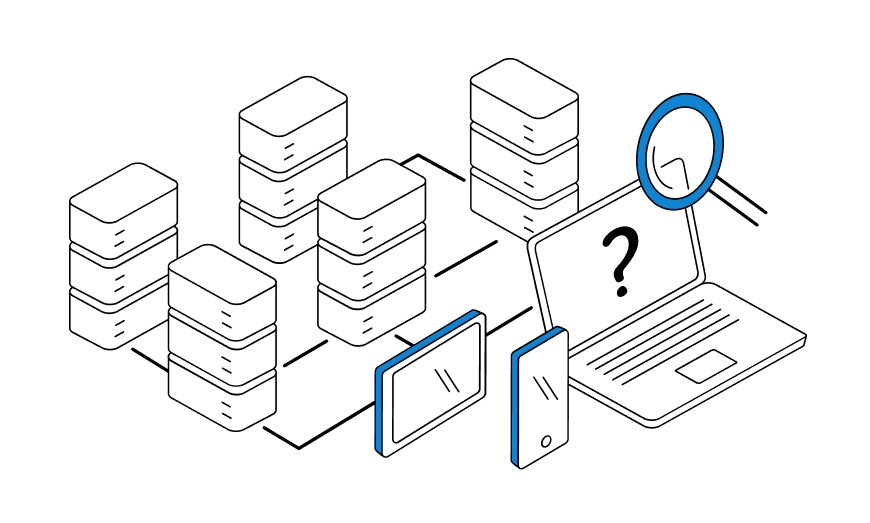

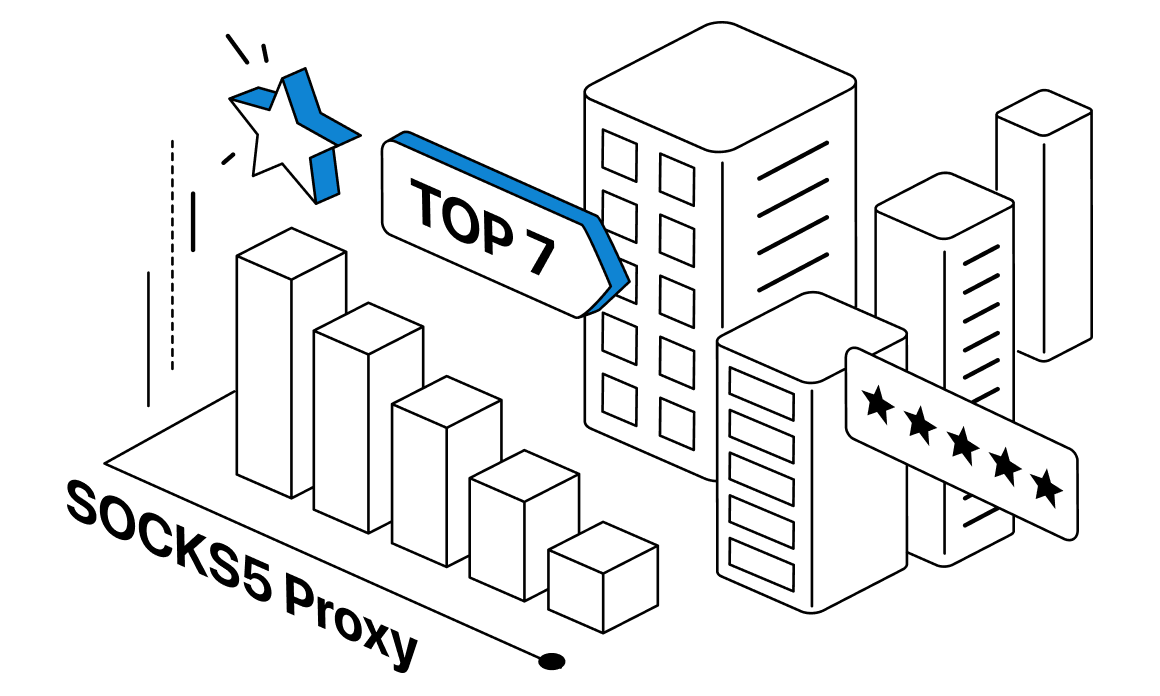
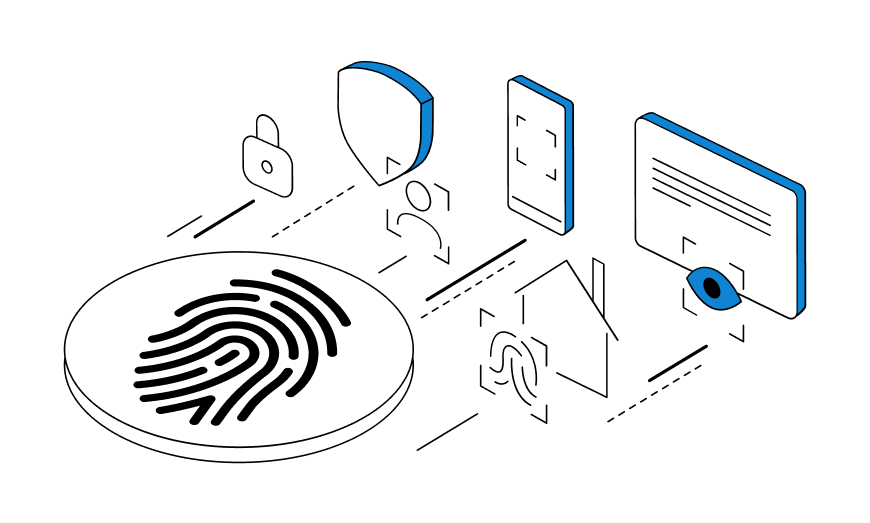
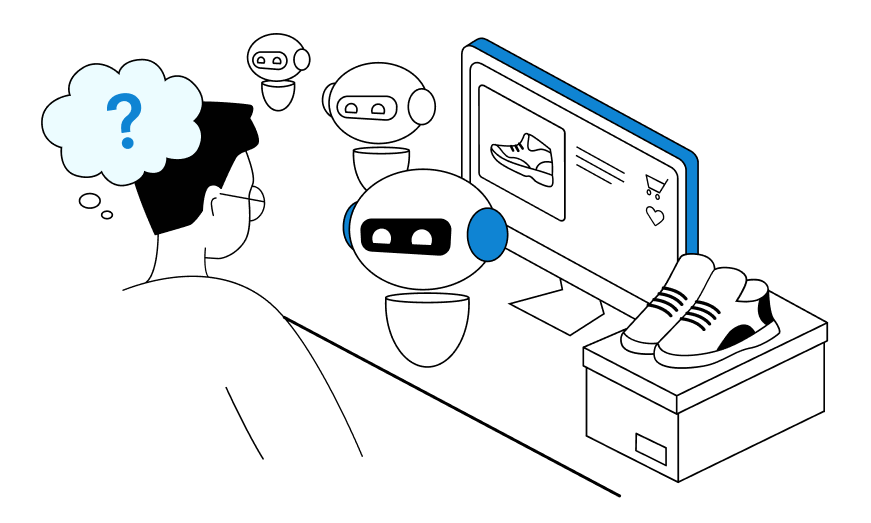
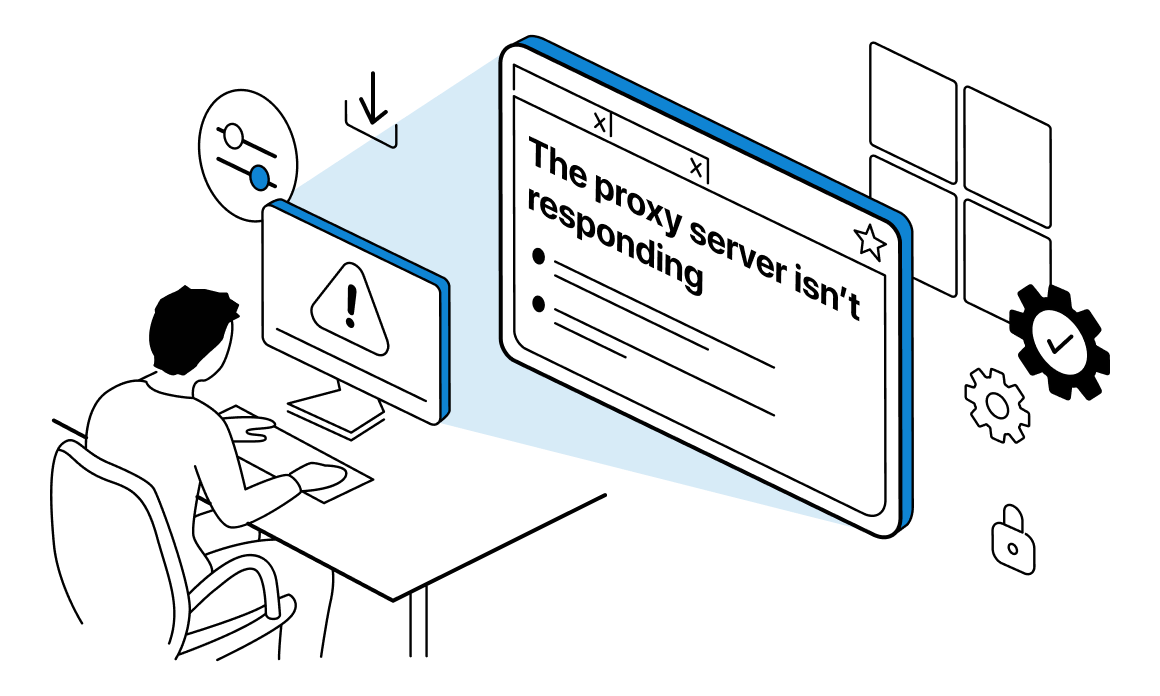
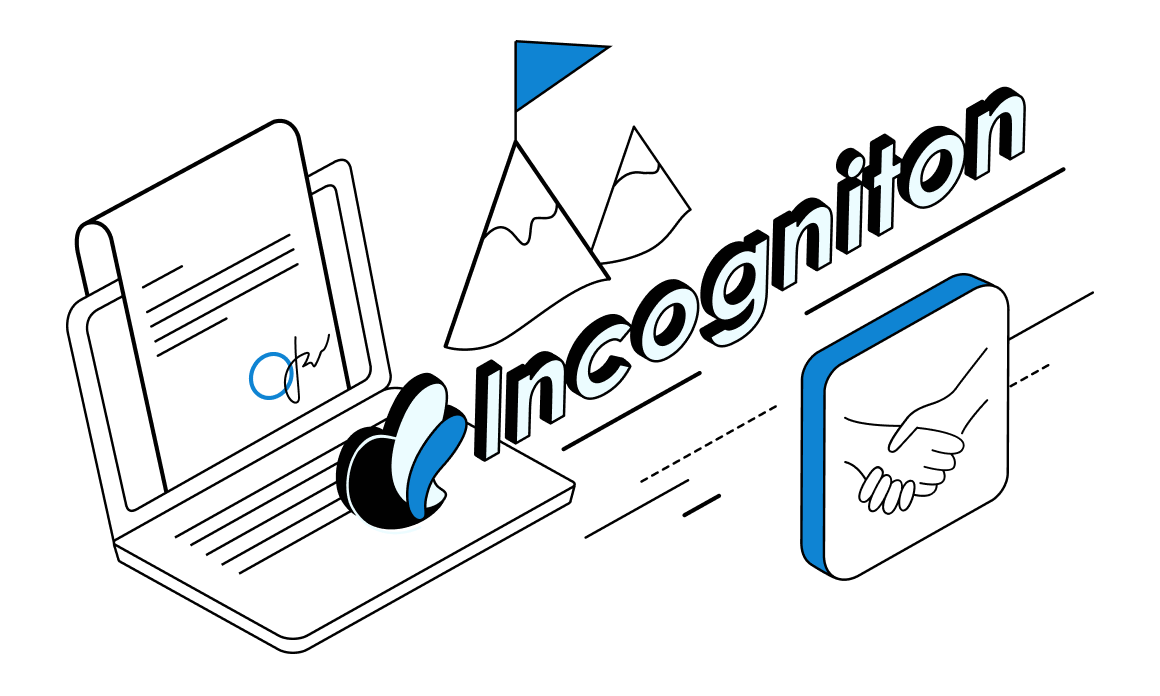
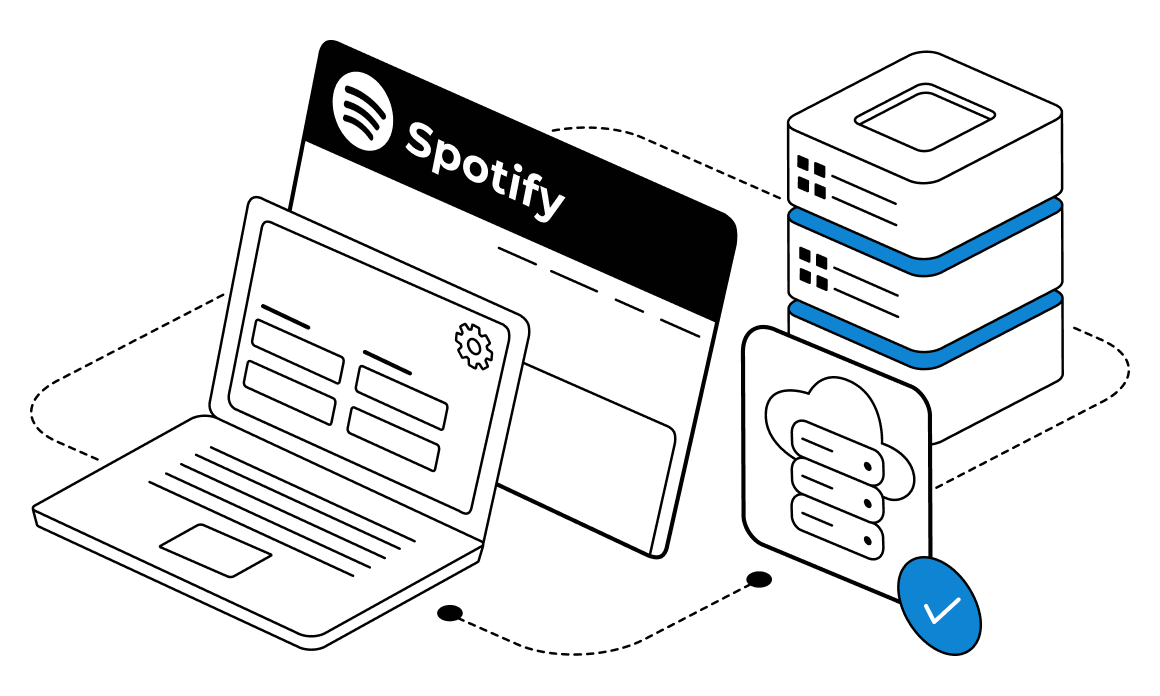
It is always a very tricky question about what type of proxy would be right for you. Especially, if we are talking about protocols that the proxies are running on. With Socks5 proxies you can be sure that you are using the top-of-the-line servers that the industry has to offer.